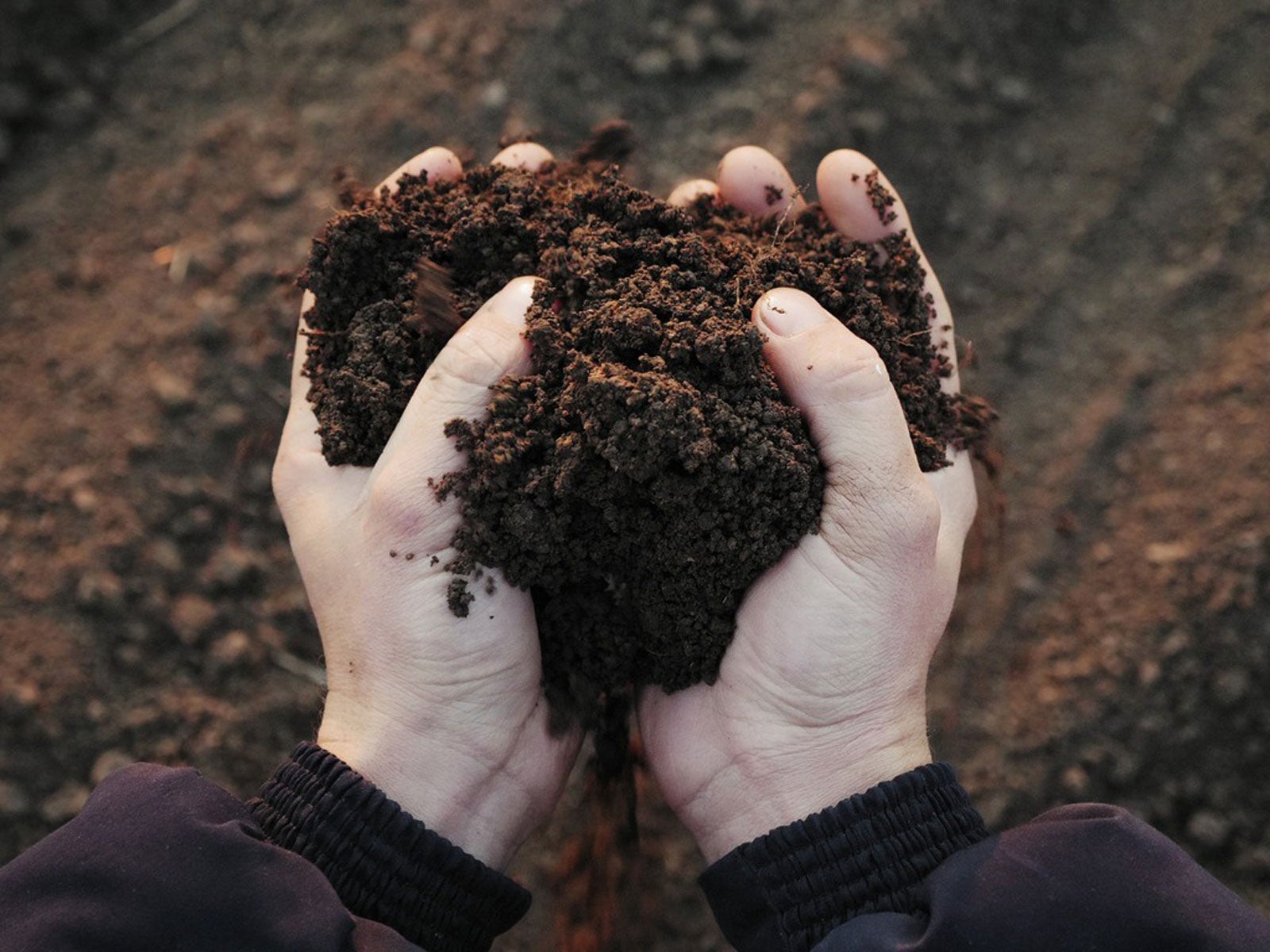Sustainable Gardening Tips – Building A Sustainable Garden Soil
Build healthy soil to enhance your sustainable garden while reaping the rewards of more abundant crops and a more eco-friendly environment.


Building Healthy Soil: How To Nurture Soil For Sustainable Gardens
It stands to reason that healthy soil is a key component to plant health. After all, that is what plants grow in, so soil that is not good will affect their vigor.
Building healthy soil is not only good for plants but can provide other benefits. Sustainable garden soil conserves moisture, prevents erosion, and more. Learning about developing soil for sustainable gardens will also lower maintenance in the landscape.
Effects of Sustainable Gardening
Soil is the building block for plant growth. Sustainable gardening requires soil management to enhance its properties but does not have to be costly or time consuming. It is an annual check-in on soil health, and then a response to improve that health. It is a gradual process and one that needs to occur as long as you are around. However, with just a little work, your soil’s organic matter can improve, leading to numerous benefits in the garden.
Enhanced soil should have plenty of organic matter. Organic matter is the basis for building healthy soil. Sustainable garden soil prevents compaction, provides nutrients, conserves moisture while also preventing pooling, prevents erosion, and encourages healthy organisms to flourish. Sustainable garden soil is a layered mixture of stuff.
The top is the humus or organic matter and below that is topsoil. The higher layer breaks down organic matter and rainwater draws it down into the topsoil which contains most of the organisms, like earthworms and beneficial bacteria. It is in this layer where most of the sustainable soil amendments are used.
Building a Sustainable Garden
Soil for sustainable gardens may need a little help. In a forest, for instance, the soil is naturally enhanced by dropped leaves, twigs, and other organic additives. In the home garden, plants will eventually use up much of the nutrients in soil, which is why we fertilize. If you add compostable organic matter though, you can reduce the need to fertilize plants.
Anything from the kitchen and garden can go into a compost system. Once composted, it can be added back to the landscape. It's a simple process of recycling that will allow you to create a cycle effect by returning nutrients back to the soil.
Gardening tips, videos, info and more delivered right to your inbox!
Sign up for the Gardening Know How newsletter today and receive a free copy of our e-book "How to Grow Delicious Tomatoes".
Compost is only one way to encourage sustainable soil health. You can also plant cover crops or green manure. They can be worked in the soil or allowed to decay on top. Well-rotted manure or even animal bedding are another way to increase organic matter.
Mulching with organic materials will prevent weeds and eventually break down, slowing introducing nutrients. Examples are wood chips, leaf litter, hay, straw, and wood shavings. Dead plants, and even some weeds, can be left to dry out and slowly compost in sight.
Keeping sustainable soil and a healthy garden is easy and doesn't require much effort or expense. Start some new sustainable habits and our garden will reward you with healthier crops, and at the same time, you will have contributed to the health of the planet.

Bonnie Grant is a professional landscaper with a Certification in Urban Gardening. She has been gardening and writing for 15 years. A former professional chef, she has a passion for edible landscaping.